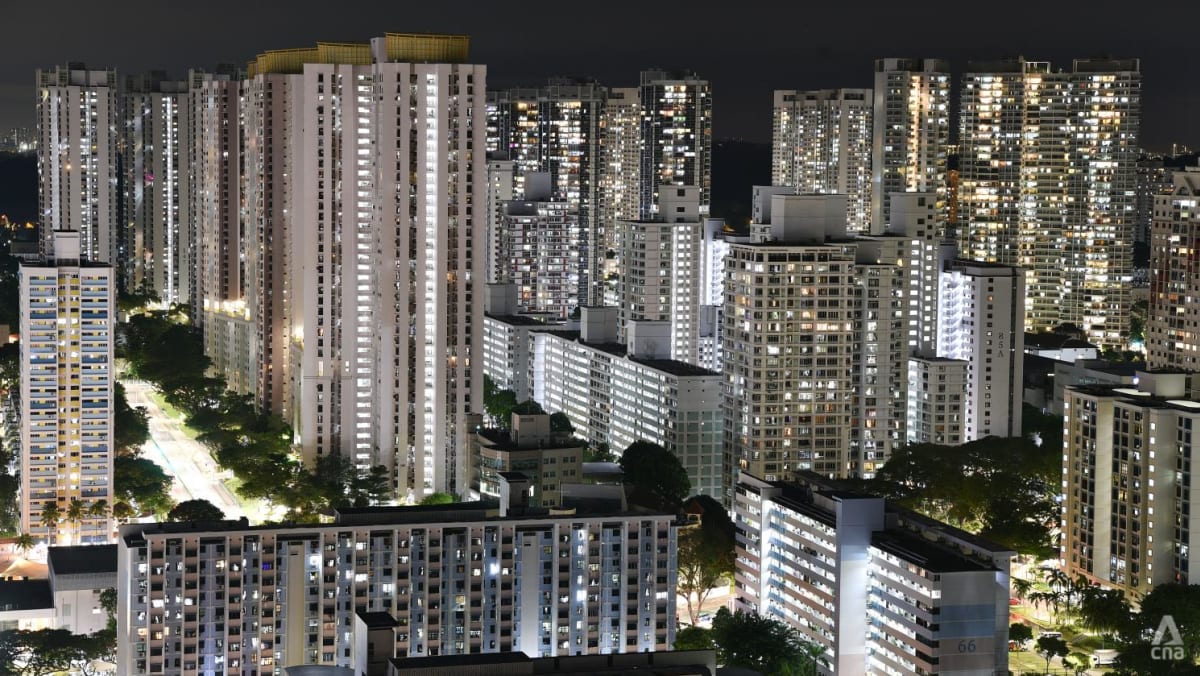A HOME OR ASSET?
In August, Mr Lee cautioned against a “psychological dynamic” that has contributed to rising flat prices, with news of million-dollar deals prompting sellers to raise their asking prices.
This psychological aspect suggests that our expectations of public housing are not rooted simply in supply-and-demand dynamics of housing supply. Nor are they solely determined by the physical conditions or attributes of our public housing estates.
Rather, there is an additional socio-cultural layer that is shaped by our broader social discourse around public housing as well as social aspirations. Urban thinkers often refer to this socio-cultural layer of a city as an “urban imaginary”.
Urban imaginaries are often referred to as the symbolic sphere of a city, determined by the collective beliefs and perceptions held by the city’s inhabitants and shaped by the public discourse that often swirls around these beliefs and perceptions.
For Singapore, the public discourse around public housing appears to be dominated by a belief that HDB flats represent fast-appreciating assets that can (and should) be monetised for significant financial gains.
These views could well have emerged after the 2007 Global Financial Crisis, with Singapore’s rapid recovery from the crisis strengthening property demand. HDB resale prices began inching up in late 2008 and have been rising steadily ever since.
Motivated by commissions from high value transactions, property agents have exacerbated the problem by chasing after home owners in new estates to sell their flats. In Bidadari estate where many home owners recently completed their minimum occupancy period, over 200 households have resorted to putting up “do not disturb” signs to fend off these real estate agents.
Coupled with a desire among home owners to “upgrade” to a private property once they are able to sell their flats, this translates to growing expectations that HDB flats should fetch a high transaction value once they hit the resale market.
The ERA survey had also found that 59 per cent of Gen Z respondents aspire to own a private condominium while 35 per cent of millennials feel the same.
Such a transactional view of home ownership runs against the grain of public housing, which at its core, focuses on ensuring an affordable home for all Singapore residents. The operative words here are “affordable” and ‘home”.
Affordability requires that young families and those with limited financial resources are not priced out of the HDB resale market. A home should not be sold off to the highest bidder at the drop of a hat either.
More importantly, there is a need for intentional efforts to reshape Singapore’s urban imaginary into one that is more inclusive and less transactional in nature. This means de-emphasising resale transactions and highlighting instead the less tangible aspects of home ownership such as community-building and fostering family life in our homes.
So the next time a million-dollar flat post appears on your social media feed, do not share it or let it affect your views of the home that you have built up for yourself, wherever that may be.
Dr Woo Jun Jie is Senior Lecturer at the Lee Kuan Yew School of Public Policy, National University of Singapore.
